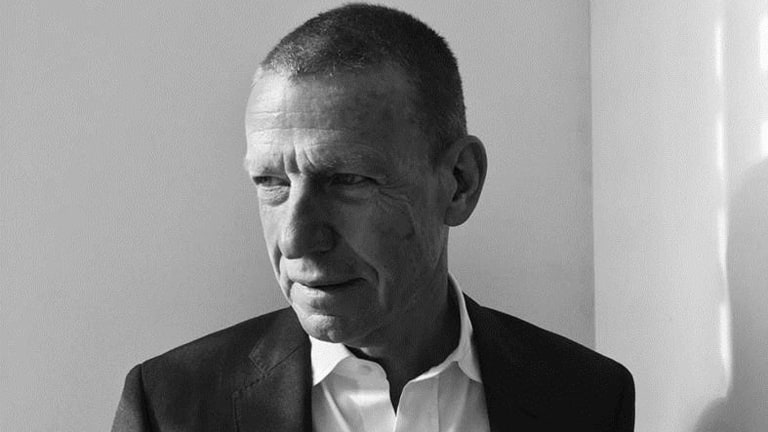1. What would you say is the most misunderstood thing about Serena?
I am not sure that she is, overall, misunderstood. I say that because she has been so open about her struggles, and I think that is kind of at the basis of her incredible appeal and influence—and maybe at the basis of people who don’t like her … Maybe what people don’t understand is that there’s a real conservatism to her ... She takes her religion seriously, I think. Which is not to say that she abides by all of the rules of being a Jehovah’s Witness. But she’s a Bible reader, and she quotes from scripture. I think that’s a big part of her life.
2. In the process of writing the book, did you learn anything about Serena’s relationship to her parents?
Venus has been such the person in her life, really. I mean her parents were great parents and they were crucial to her becoming a tennis player and also becoming the grounded person that she is, and a person who believes in her own agency … But having Venus in her life … has been crucial. I think, actually, Venus not being around deep in tournaments … If Venus is exiting a tournament in the first round or the second round, Serena’s kind of on her own. In a way she had three parents. And now Venus is the one that, at least when she’s out on tour, that’s where the separation anxiety is.
3. Do you have any thoughts on the state of Serena’s game heading into Wimbledon?
Well every day and week that passes means that Serena’s getting older. And Serena getting older means her chances of winning another Grand Slam diminish. I do think grass is the most conducive surface to her game vis-a-vis other players in the sense that she has a really good hard-court game too, but so do a lot of other players. There aren’t necessarily that many grass-court specialists on the women’s side. She’s got the big serve, the big forehand, the big return. But the women’s game is just so much deeper now, and at her age to win seven matches in a row is really, really tough … It would be great if she won one—or two, so this comparison with Margaret Court would just go away. I think it’s a terrible measure of greatness … If it’s not Wimbledon, I don’t know. I think it’s her best shot.
4. If Serena’s career were to end soon without any more titles, would you still call it a happy ending?
I believe Serena Williams will be considered the greatest women’s player ever to date, whether she wins another or not. I just think that Grand Slam–championship tally is not the only measure. Will she be disappointed? Probably. But I think, honestly, more than tying Margaret Court’s record, she wants to win one as a mother. I think what she sees in her mind’s eye is her standing on the court with the trophy in one arm and Olympia in the other, and that is what she really wants.
